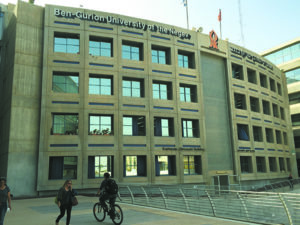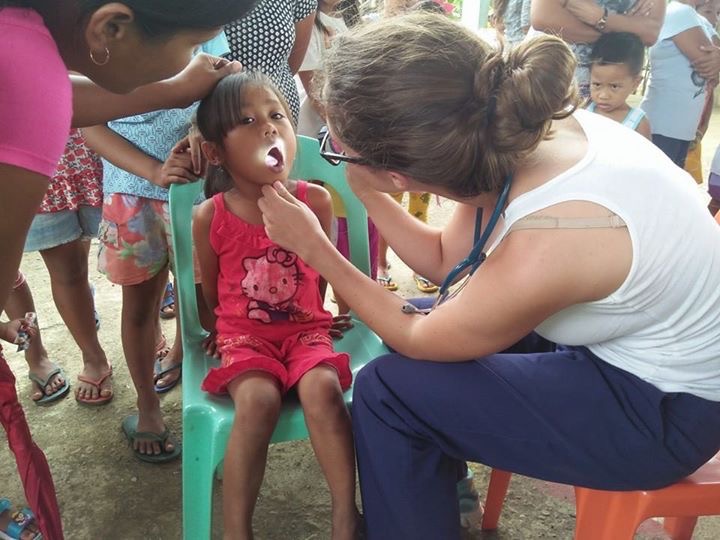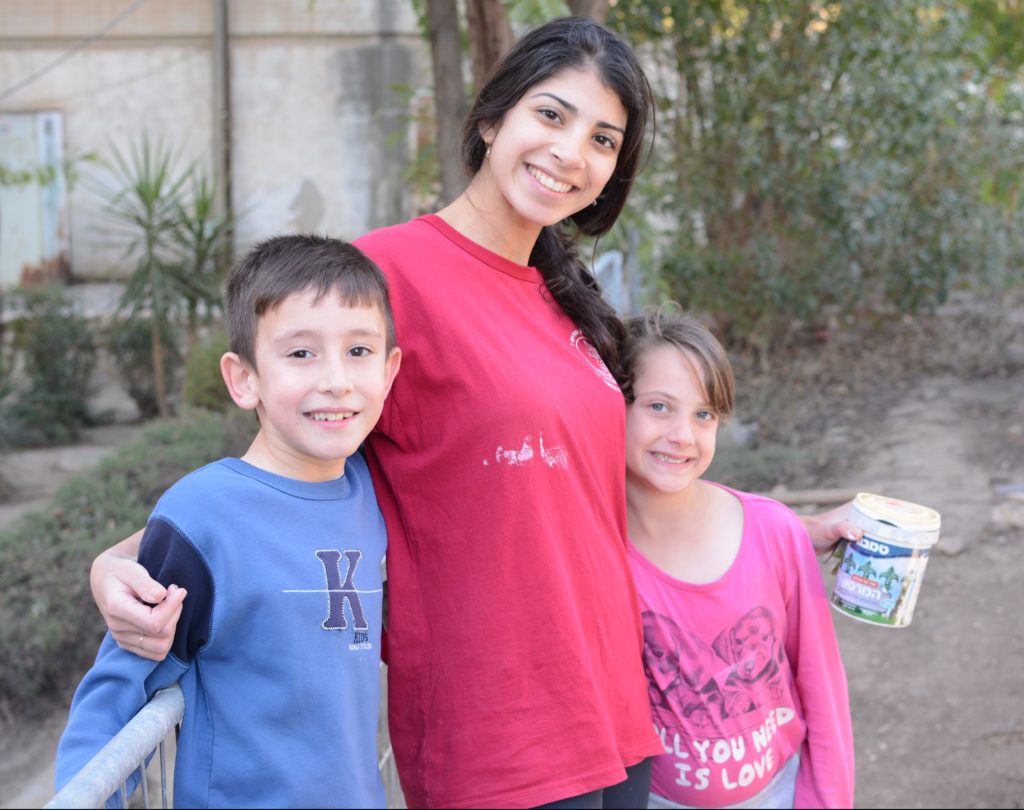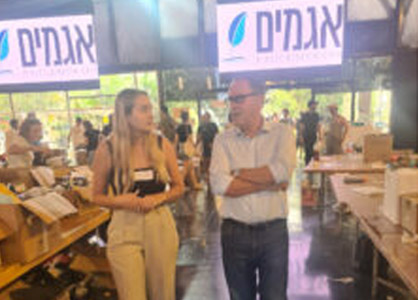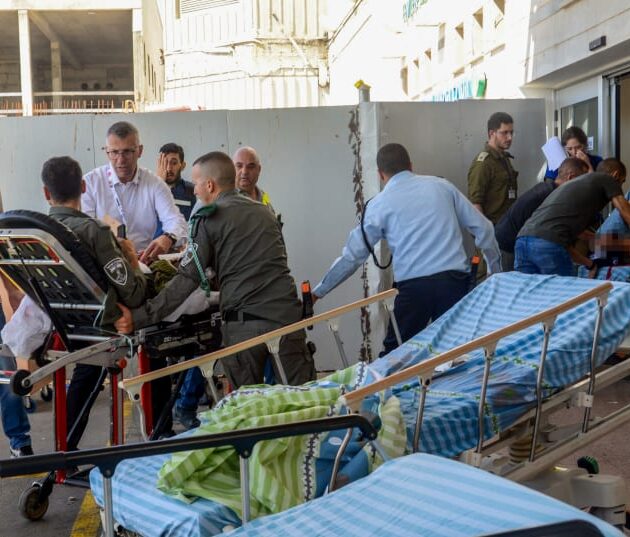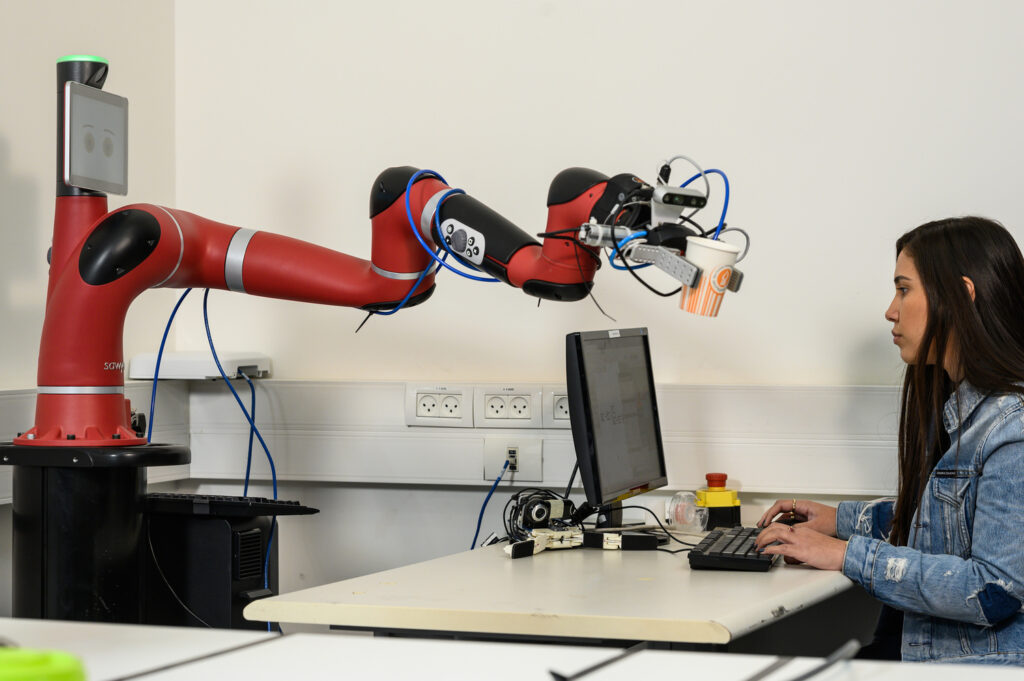
Ben-Gurion University Spurs Negev Development
Ben-Gurion University Spurs Negev Development
May 18, 2017
Negev Development & Community Programs
Detroit Jewish News — Israel is well-known and admired worldwide as a center for high-tech and the creation of new companies in numbers far beyond what would be expected of a small nation. And Ben-Gurion University is a leading catalyst for this economic progress in Israel’s Negev region.
BGU scientists are developing new technology for medicine, bioengineering and robotics, using innovative software and data analytics that are being patented and marketed in Israel and beyond. From tissue regrowth using algae to the creation of user-friendly robots to aid stroke rehabilitation, BGU scientists are reshaping health care, transportation and manufacturing.
The University also fosters research and economic development as a partner with Beer-Sheva’s Advanced Technologies Park (ATP) located adjacent to BGU’s Marcus Family Campus. The growing ATP already has five office buildings with 1,500 employees of both new Israeli companies as well as international corporations such as Oracle, IBM and Deutsche Telecom. In addition, the IDF is moving its elite cyber and intelligence units to Beer-Sheva, which will intensify the area’s technology focus.
Established as the University of the Negev in 1969, BGU was renamed in 1973 after the death of David Ben-Gurion, Israel’s first prime minister. Ben-Gurion believed Israel’s future would be in the desert, and the University has developed expertise in desert-related water and solar research.
“We see ourselves as a force of change in the region, not just making it green but in welfare, culture, biomedicine, and high technology,” says BGU President Prof. Rivka Carmi.
A point of pride for Prof. Carmi is the University’s innovative medical schools, the Joyce and Irving Goldman Medical School (taught in Hebrew) and Medical School for International Health (taught in English), where “medical students interact with patients from day one.”
Community involvement is also a BGU focus. Beer-Sheva has a very diverse population comprised of many immigrants from North Africa, Russia and Ethiopia, as well as a large Bedouin population.
“We have an outreach program that brings high school students to the campus to encourage them to attend. We try to promote an interest in science,” says Prof. Carmi.
In addition, BGU encourages student engagement by providing a number of students with rent-free apartments in disadvantaged Beer-Sheva communities. Students in the Lillian and Larry Goodman Open Apartments Program help with after-school activities and community service programs in their neighborhoods.
Unlike Israel’s other universities, BGU has a large residential student population that enjoys an American-style campus with dormitories, a busy student center and many extracurricular organizations and activities. One-third of its some 20,000 students are pursuing advanced degrees.
BGU faculty members engaged in scientific research typically complete post-doctoral studies at American universities and have taught or conducted research in the United States before returning to BGU. Besides the appeal of returning home to Israel, they want to be part of the University’s continuing growth and success.
This post is excerpted from a story by Shari S. Cohen, who recently participated in Americans for Ben-Gurion University’s 2017 Murray Fromson Media Fellowship.

